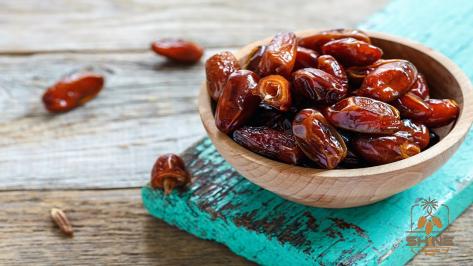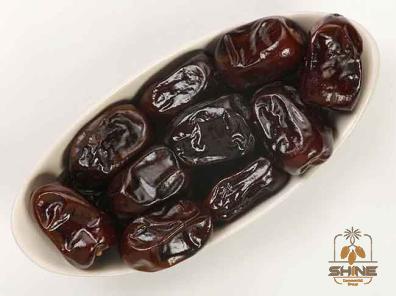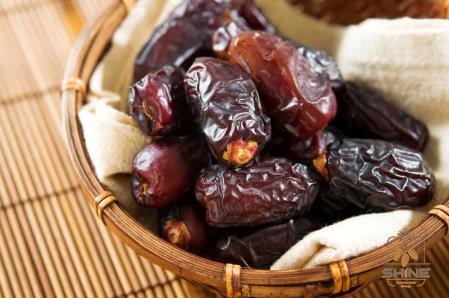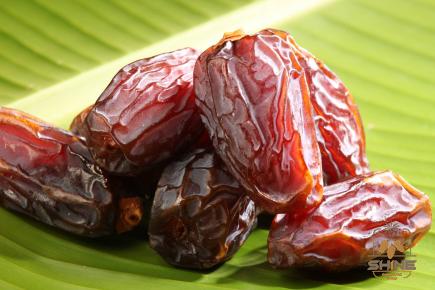When it comes to the world of dates, there are numerous varieties available, each with its unique taste, texture, and nutritional properties. Two such varieties that often confuse people are dry dates and black dates. While they may look similar, there are significant differences in terms of taste, texture, color, and nutritional content.
.
In this article, we will delve deep into the world of dry dates vs black dates, exploring their differences, similarities, health benefits, and culinary uses. So, grab a cup of tea and join us on this flavorful journey.
..
Section 1: Dry Dates – The Guardian of Nutrients 1.1 What are Dry Dates? Dry dates, also known as Chhuara or Sukha Khajoor in Hindi, are dehydrated versions of fresh dates. They are obtained by removing the moisture content from fresh dates through various drying methods, such as sun drying or dehydration using hot air circulation. The drying process enhances their shelf life and concentrates their taste and nutritional properties. 1.2 Taste and Texture: Dry dates have a unique sweet and chewy texture that sets them apart from other varieties. They are slightly softer than fresh dates and have a sticky and fibrous consistency. The flavor of dry dates is intensely sweet, with hints of caramel and molasses. 1.3 Color: Dry dates are typically light to dark brown in color, depending on the duration and method of drying. The longer the drying period, the darker the color of the date. 1.4 Nutritional Profile: One of the reasons dry dates are often considered a nutritional powerhouse is their rich and diverse nutrient content. They are packed with essential vitamins, minerals, and dietary fibers.
…
Here are some key nutrients found in dry dates: 1.4.1 Fiber: Dry dates are excellent sources of dietary fiber. Consuming fiber-rich foods like dry dates can promote digestion, prevent constipation, and support overall gastrointestinal health. 1.4.2 Potassium: Dry dates are a great source of potassium, an essential mineral that plays a vital role in regulating blood pressure, maintaining heart health, and supporting muscle function. 1.4.3 Iron: Iron deficiency is a common nutritional problem worldwide. Dry dates are abundant in iron and can help combat iron deficiency anemia, improve oxygen-carrying capacity, and boost energy levels. 1.4.4 Antioxidants: Dry dates are rich in antioxidants like polyphenols and flavonoids. These powerful compounds help neutralize harmful free radicals, prevent oxidative damage, and reduce the risk of chronic diseases. 1.4.5 Vitamin B6: Dry dates are a good source of vitamin B6, which is essential for brain development, promoting healthy nervous system function, and aiding the production of red blood cells. Section 2: Black Dates – The Burst of Flavors 2.1 What are Black Dates? Black dates, also known as Kala Khajoor in Hindi, are a variety of dates that have a unique black color and a slightly different taste compared to other types. They are obtained by allowing the dates to ripen on the tree until they turn black or dark brown. This natural ripening process enhances their flavor profile and nutritional value. 2.2 Taste and Texture: Black dates are exceptionally sweet and have a rich, caramel-like flavor. Their texture is softer and juicier compared to dry dates, making them a delight to chew. The smooth and tender consistency makes them a popular choice for desserts and snacks. 2.3 Color: As the name suggests, black dates have a distinct black or dark brown color.



